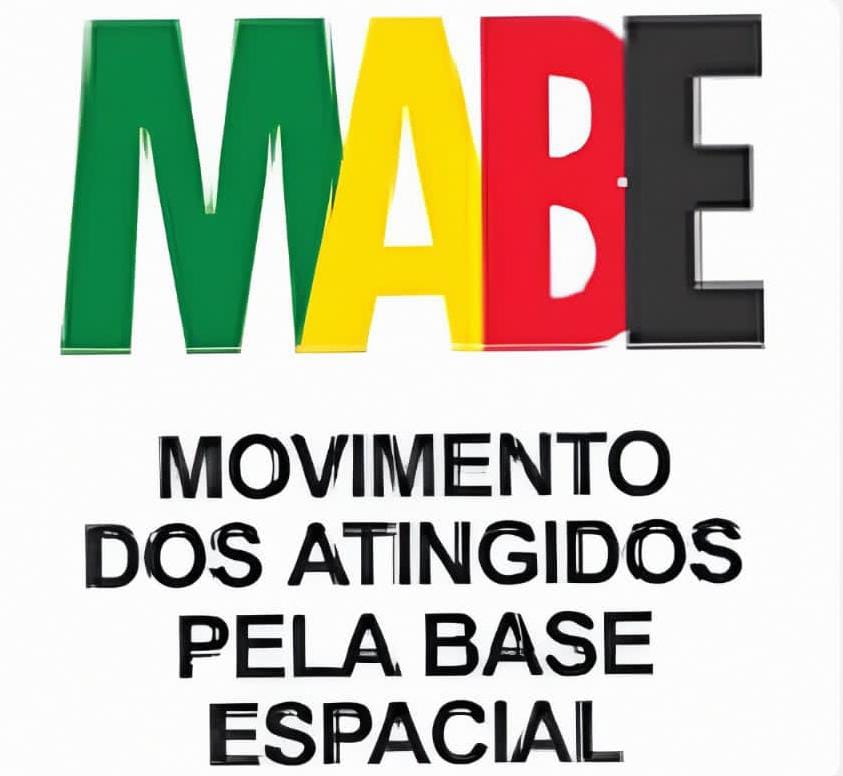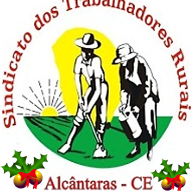Beach view in São João Cortês Quilombo, Alcântara, Maranhão © 2024 Luis Claudio Leitão Costa
About Us
We, the Quilombos de Alcântara, are a communal collective force rooted in belonging to ethnic territories and identity – we protect and celebrate our traditional knowledge and ways of life that have endured decades of displacement and state violence. Together, we, the Quilombos de Alcântara, have remained resilient despite neocolonial forces uprooting hundreds of our families from their homelands decades ago and those same forces threatening to do the same to many more families today.
Today, we, Quilombos, stand together to strengthen our community bonds and well-being through our collective approach to land ownership, economic development practices, and cultural celebrations that keep our traditions and spirit alive – resonating with many across the globe.
Beach view in São João Cortês Quilombo, Alcântara, Maranhão © 2024 Cat Diggs
“Here, one of the things that we still value a lot is respect for the older people. The collective. Here, we still do a lot of our work in groups. We have a respect for nature. We understand that we will only have tomorrow if we respect what we have today.”
– Dorinete Serejo Morais, Canelatiua – Coordinator of MABE, Community Health Worker, & Community Leader

Aerial view of São João Cortês Quilombo, Alcântara, Maranhão © 2024 Davi Pereira Júnior
ATEQUILA
According to Dr. Davi Pereira Júnior, the Association of the Alcântara Ethnic Territory (ATEQUILA) “is a collective construction by the communities and their representative social movements and a response to the signaling by the Brazilian state that it would comply with its constitutional obligations and international law.” The collective officially formed in 2018 represents nearly 71% of the population in the municipality – encompassing nearly 156 communities.
In response to the need for political mobilization for collective titling and the securing of ethnic territories and belonging, ATEQUILA formalized to position itself as a legal association that could receive land titling and manage the territory following the recognition of Alcântara as an ethnic territory from the Palmares Cultural Foundation (FCP) in accordance with Decree 4.887/2003.
Today, ATEQUILA continues to work with other organizations and movements, such as STTR, MABE, and MOMTRA, to advance collective titling and protect networks of belonging from ethnic identity [source].

Mural of the Quilombola in reggae music venue in Liberdade urban Quilombo, Maranhão © 2024 Cat Diggs
MABE
The organization People Affected by the Alcântara Space Base Movement (MABE), O Movimento dos Atingidos Pela Base Espacial de Alcântara formed in 1999 and was founded by Dorinete Serejo Morais to facilitate discussion around the social implications and harms the Alcântara Launch Center has caused for Quilombola community members. MABE is a social movement rooted in efforts to ensure the permeance of territory through identity awareness and the resistance of the communities.
The efforts of MABE have expanded the movement to the international stage, garnering support and solidarity in their collective struggles globally. Over 150 communities are a part of MABE, which holds the space for diverse perspectives and discussion of the territorial struggle in Alcântara, ultimately fostering a rich mosaic of political capital and collective power [source].

Aerial view of a river in Alcântara, Maranhão © 2024 Davi Pereira Júnior
MOMTRA
Spanning well beyond the formal formation in 1992, the Alcântara Rural Women Workers Movement (MOMTRA) mobilized gender equality and organizing within the fight for territory and identity. Specifically, MOMTRA arose in empowerment efforts for women in the sometimes challenging and exclusive structure of the rural workers within STTR; women rural workers were not allowed to join the union until the early 1980s. Recognizing a greater need for women’s health services, preventative care, and promotion of self-care, MOMTRA also fosters the space and education for well-being and greater access to healthcare to improve the quality of life for women in Alcântara.
Directly challenging the deep-rooted patriarchy many women rural workers face in the community and through state violence from the Alcântara Launch Center, MOMTRA collaborates with STTR, MABE, and other affiliates to bolster the fight for territorial rights through the lens of gender equality. Expanding beyond the bounds of assumed and often restrictive roles for women, MOMTRA affords an avenue for women in Quilombola communities to continue to participate in the struggle that has grown from the patriarchy.Recently MONTRA extended its activism to embrace the working women living in the urban center of Alcântara [source].

Aerial view of a Quilombola home in Alcântara, Maranhão © 2024 Davi Pereira Júnior
STR
The Sindicato dos Trabalhadores e Trabalhadoras Rurais de Alcântara (Alcântara Rural Workers Union) (STTR) was founded in 1971 to defend the guarantee of rights of workers – it also has a robust history of defending Quilombo territory in the face of displacement. Founded nearly a decade before over 62,000 hectares of land were seized from Quilombola communities by the government to build the Alcântara Launch Center, STTR was one of the principal organizations controlled and led by residents from impacted communities, harnessing the political capital and power of over 35 union delegates throughout the three Quilombola territories, including about 200 Quilombola communities. The vast network of STTR spans many villages within Quilombola communities. It catalyzes the political and social capital of those on the ground to mobilize communities and strengthen their position, thus generating recognition from government agencies and legitimizing “invisible claims” and pressuring Brazilian officials to comply with infra-constitutional treaties, such as Convention No. 169 of the International Labour Organization (ILO), ratified in 2002 by the Brazilian government. Alcântara STTR continues to be an influential proponent for territorial and identity rights for Quilombola communities, defending their right to collective land titling before international bodies such as the Inter-American Court of Human Rights (IACHR)[source].
